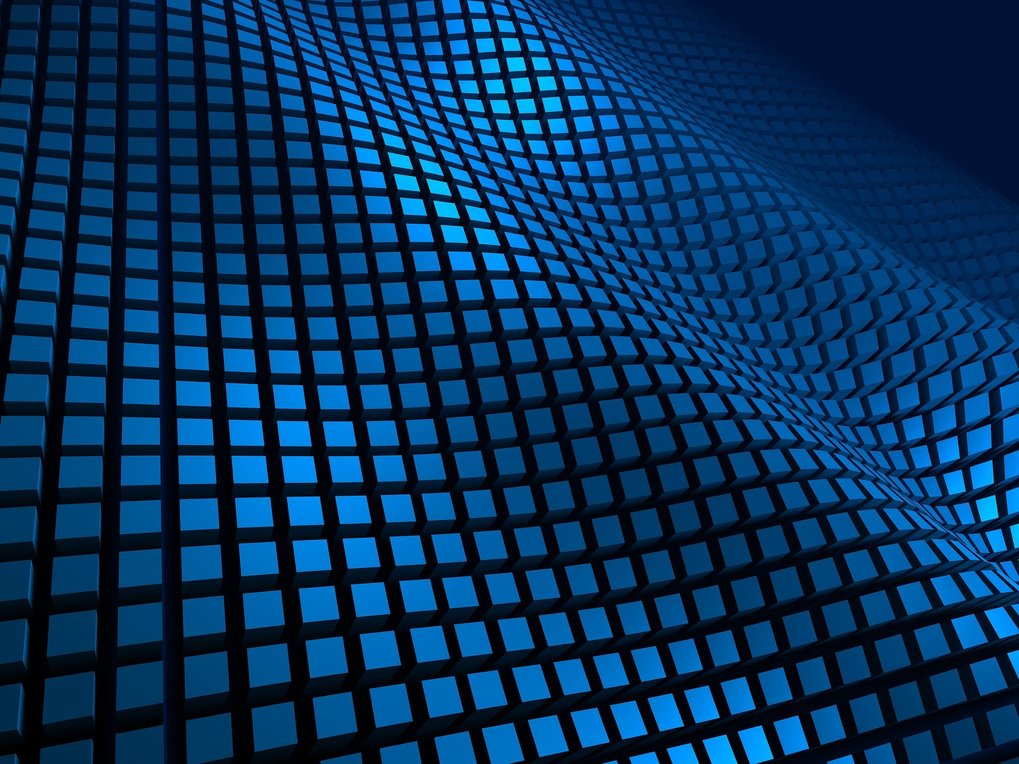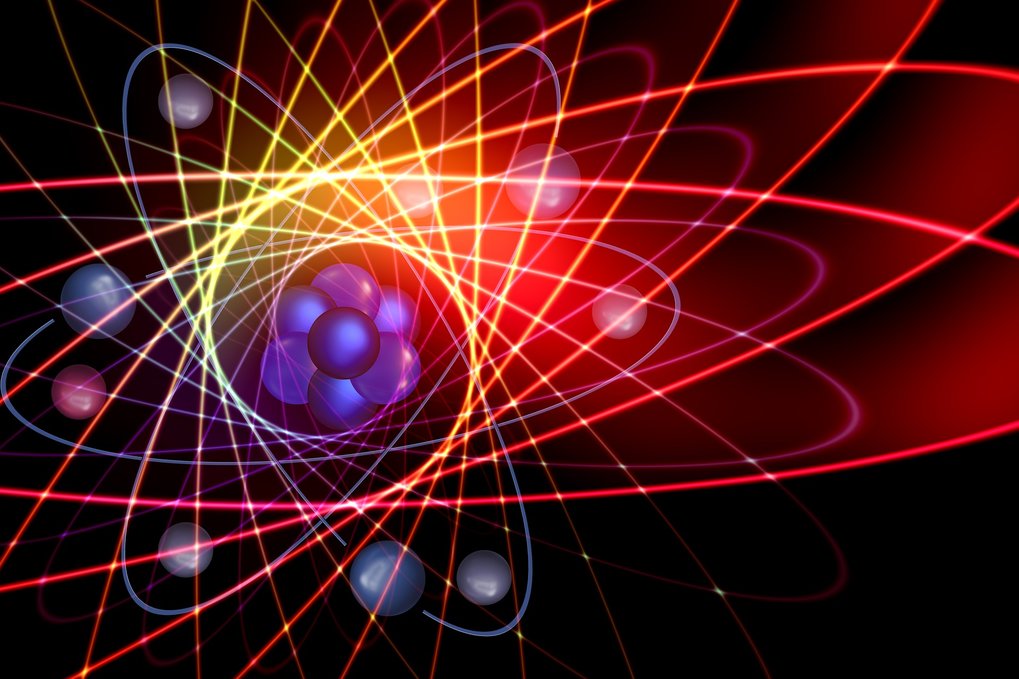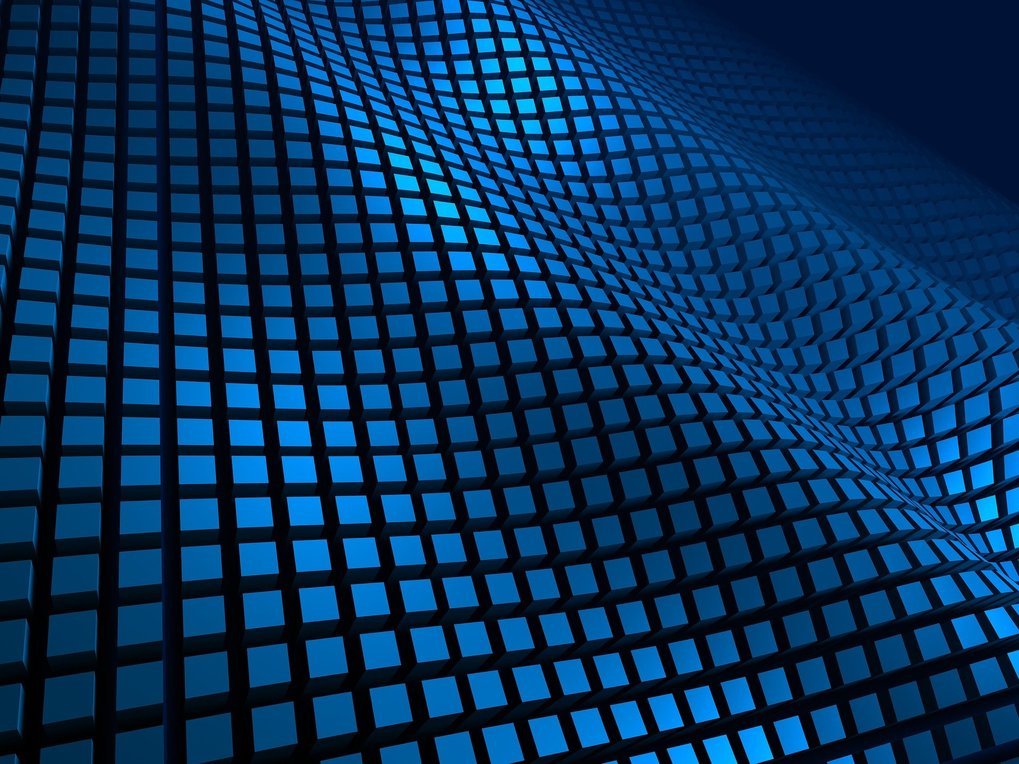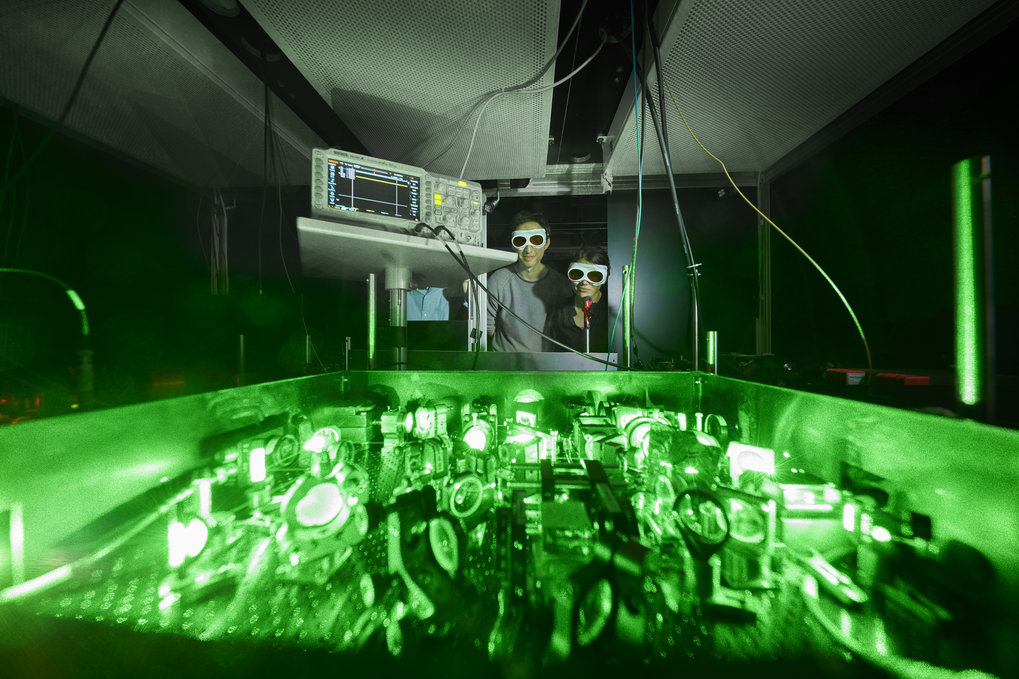Breakthrough proof clears path for quantum AI
Convolutional neural networks running on quantum computers have generated significant buzz for their potential to analyze quantum data better than classical computers can. Read More Quantum Computers News — ScienceDaily












